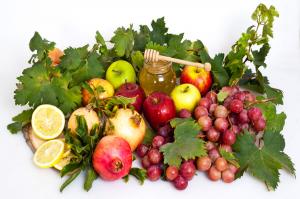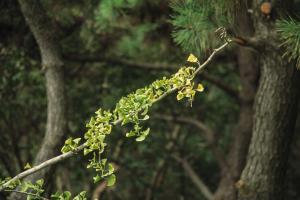Introduction
When it comes to gardening, tomatoes are undoubtedly one of the most popular crops. However, they can fall prey to pests like woodchucks, also known as groundhogs. In this article, we will explore whether or not will woodchucks eat tomato plants and what you can do to protect your garden from these pesky creatures.
Will Woodchucks Eat Tomato Plants?
The short answer is yes, woodchucks will eat tomato plants. These animals are notorious for their love of vegetables and fruits, and tomatoes are no exception. Woodchucks are primarily herbivores and will eat a wide range of plants, including tomatoes. They are especially fond of the tender young sprouts that are easy to reach and are attracted to the sweet scent of ripe tomatoes.
Signs of Woodchuck Damage
If you suspect that woodchucks are feasting on your tomato plants, there are several signs you can look out for. The most obvious sign is missing leaves and stems from your tomato plants. Woodchucks will often leave jagged edges where they have taken a bite out of the foliage. Additionally, you may notice large burrow holes in your garden, as woodchucks create tunnel systems to access different parts of their feeding grounds.
Protecting Your Tomato Plants from Woodchucks
Fortunately, there are several steps you can take to protect your tomato plants from woodchuck damage. The first line of defense is to build a physical barrier around your plants. This can be done using fencing or chicken wire. Make sure the barrier is buried several inches below the ground to prevent woodchucks from digging underneath it. You should also ensure that the barrier is tall enough to prevent the animals from climbing over it.
Another approach is to use repellents. There are several types of repellents on the market, including sprays, granules, and electronic devices. These products typically use scents and sounds to deter animals from entering your garden. However, it's important to note that these products may not work for all animals and may need to be reapplied regularly.
Finally, you can also try trapping and relocating the woodchucks. This method involves setting traps and then releasing the captured animals far away from your garden. However, trapping can be time-consuming, and it's important to follow local regulations and guidelines for humane trapping and relocation.
Conclusion
In conclusion, woodchucks are known to eat tomato plants, but there are several strategies you can use to protect your garden. Whether you choose to use physical barriers, repellents, or trapping, it's important to act quickly to prevent the animals from causing too much damage. With a bit of effort and persistence, you can enjoy a bountiful harvest of tomatoes without the hassle of dealing with woodchucks.

 how many times do yo...
how many times do yo... how many planted tre...
how many planted tre... how many pine trees ...
how many pine trees ... how many pecan trees...
how many pecan trees... how many plants comp...
how many plants comp... how many plants can ...
how many plants can ... how many plants and ...
how many plants and ... how many pepper plan...
how many pepper plan...

































